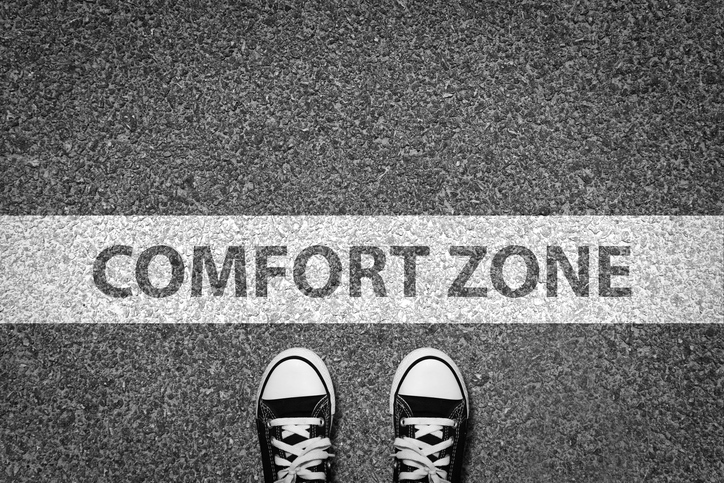| Equity & Diversity
Unconscious Bias: We’re all guilty.

Hi,
I am Lily Wakefield, a 2nd year student studying Religion, Philosophy, and Ethics here at the University of Gloucestershire. I would like to talk about unconscious bias and micro-aggressions, and how we as individuals can make a difference in tackling these ongoing issues affecting our society.
What is Unconscious bias?
Unconscious bias, also referred to as implicit bias, is when we make judgements or decisions on the basis of our prior experience, our own personal deep-seated thought patterns, assumptions or interpretations and we are not aware that we are doing it.
It is however, not something we as people have control over and something we are all guilty of. It is simply a mental shortcut, a human response. The term refers to attitudes and beliefs we hold towards social groups that occur outside of our conscious awareness yet influence our responses. As we’re repeatedly exposed to stereotypical associations from an early age, these associations become automated in our long-term memory and day-to-day responses.
Unconscious biases can be extremely harmful, particularly to marginalized groups, and most prevalently manifests itself in workplaces during recruitment and promotion decisions. Several studies have shown that when employers are presented with two candidates with exactly the same qualifications, they will choose to hire a white male over a female, and if the female is hired then the salary offered is frequently lower than their male counterpart.
What are Micro-aggressions?
Unconscious biases usually become much more prevalent when they surface as micro-aggressions. A micro-aggression is a statement, action, or incident regarded as an instance of indirect, subtle, or unintentional discrimination against members of a marginalized group, such as a racial or ethnic minority. It is something that makes an individual feel uncomfortable, marginalized and small, and can lead to imposter syndrome.
These verbal, behavioural, or environmental slights are the results of an individual’s unconscious bias.
Some examples of micro-aggressions are:
- Assumptions of intellectual inferiority: An Asian man being complimented for speaking perfect English, but English is his first language.
- Assumptions of criminality: A white woman who flinches when a black man enters an elevator she’s inside.
- Colour blindness: ‘When I look at you, I don’t see colour.”
- Endorsing religious stereotypes: Making a joke about Jewish people being cheap.
- Assumptions of traditional gender roles: Asking a woman her age and glancing at her ring finger upon hearing she’s forty.

How to combat these issues?
As I have expressed, unconscious bias is something we are all guilty of, and something that cannot be forgotten as it is part of our very human nature. We can however limit the effect our biases have on our everyday lives and make a conscious effort to stop any micro-aggressions in their tracks. We are all victims, and we are all perpetrators.
Five ways in which we can help:
- Think before you speak
- Do your research
- Open a conversation
- Be an ally
- Speak up
One person may seem small and insignificant, but if we all implement these strategies, we can make a difference, and I hope we can all learn from our mistakes, overcome these boundaries, and work toward a world in which these biases and stereotypes no longer hinder our expression and advancement both in the workplace, and in the wider world.
Thank you.
If you wish to find out more information on these topics, and some ways in which you can make a difference, please use the resources below.



